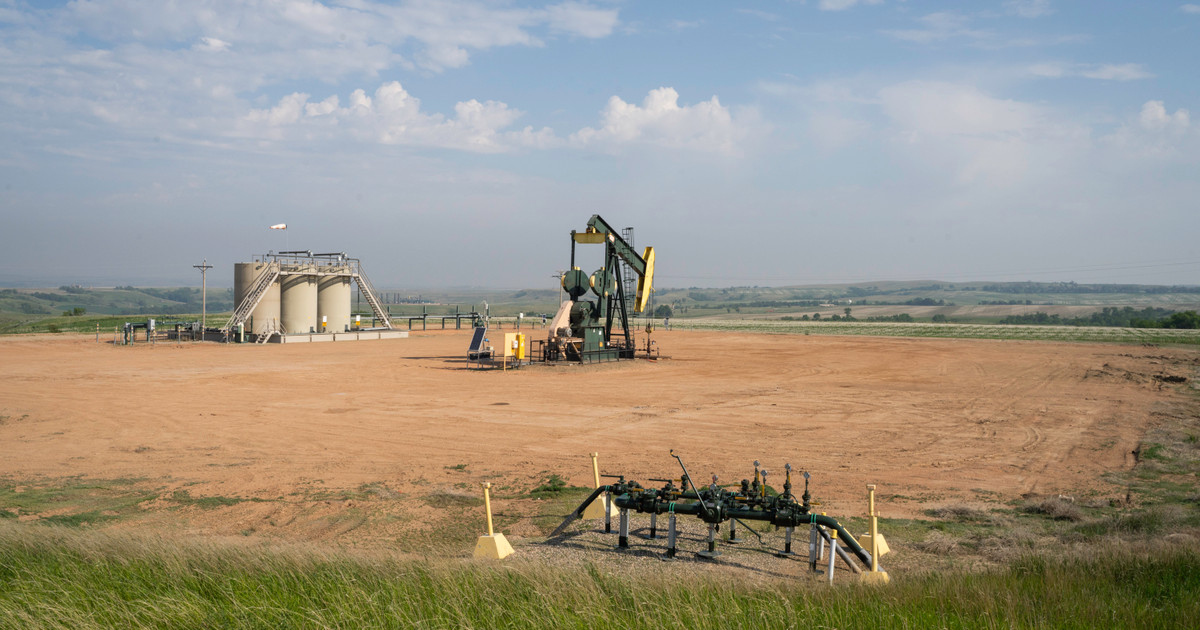
The U.S. Supreme Court, dominated by Republican appointees, has made a controversial decision that impacts the lives of 300,000 Venezuelan immigrants by allowing the Trump administration to terminate their Temporary Protected Status (TPS). This type of humanitarian relief was designed to assist individuals from countries experiencing serious crises. The ruling comes at a time when the legal battle over TPS for these Venezuelans continues to unfold in the courts, leaving many vulnerable to deportation.
This week, the nation witnessed the alarming repercussions of such policies through harrowing images of an Immigration and Customs Enforcement (ICE) raid in a Chicago apartment complex heavily populated by Venezuelans. Residents reported that authorities forcefully entered their homes, detaining individuals for hours and separating families. Mothers were taken from their children, and children were constrained, some left in distressing conditions, a clear reflection of the harsh reality facing immigrant communities under the current administration.
The Supreme Court’s ruling effectively strips these Venezuelans of legal protection, making them susceptible to the increasingly aggressive deportation efforts spearheaded by the Trump administration. Secretary of Homeland Security Kristi Noem had previously announced the termination of TPS for Venezuelans, despite these protections being legally mandated to continue until October 2026. This move has been characterized as the largest delegalization campaign in modern U.S. history, adding to concerns about the administration’s commitment to human rights and dignity.
The Supreme Court’s decision paused a ruling from District Court Judge Edward Chen, which had determined that the revocation of TPS was unlawful. Despite an ongoing appeal process, the high court’s order allows the administration to move forward with the termination, leaving many Venezuelans—who have lived in the U.S. for years and have held TPS since 2021—without legal immigration status.
The opinion issued by the Supreme Court was notably brief, unsigned, and lacking in reasoning. This approach is part of a troubling trend in which the Republican majority on the court has utilized the so-called emergency or shadow docket to overturn lower court decisions with minimal justification. This pattern has emerged in nearly two dozen cases, revealing a willingness to prioritize the interests of the Trump administration over the well-being of individuals affected by these policies.
While the three Democratic appointees on the Supreme Court dissented, Justice Ketanji Brown Jackson took the opportunity to articulate her objections. She condemned her colleagues for their misuse of emergency powers and emphasized the human cost of their decisions. Jackson highlighted the disconnect between the court’s actions and the real lives impacted, criticizing the prioritization of executive power over the stability and security promised to families.
In her dissent, Justice Jackson expressed profound concern over the court’s interference in ongoing legal matters, stating, “We once again use our equitable power (but not our opinion-writing capacity) to allow this Administration to disrupt as many lives as possible, as quickly as possible.” She pointedly remarked that her colleagues’ decision prioritized the administration’s assertions over the pleas of countless families seeking the stability they were promised.
Jackson concluded her dissent with a powerful statement of indignation, declaring, “Because, respectfully, I cannot abide our repeated, gratuitous, and harmful interference with cases pending in the lower courts while lives hang in the balance, I dissent.”
This ruling not only raises serious ethical questions about the Supreme Court’s role in shaping immigration policy but also underscores the urgent need for comprehensive reform that prioritizes human rights and dignity for all. The implications of this decision will reverberate through the lives of individuals and families, as they face an uncertain future in the face of a relentless and punitive deportation regime. As the case continues to progress through the courts, the fight for justice and protection for these Venezuelan immigrants remains critical.


